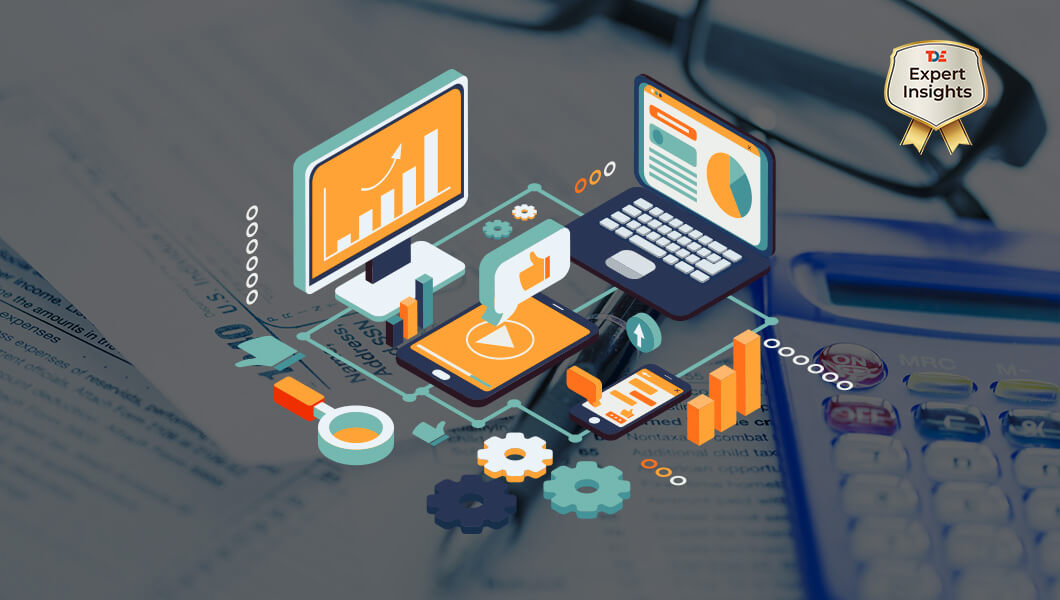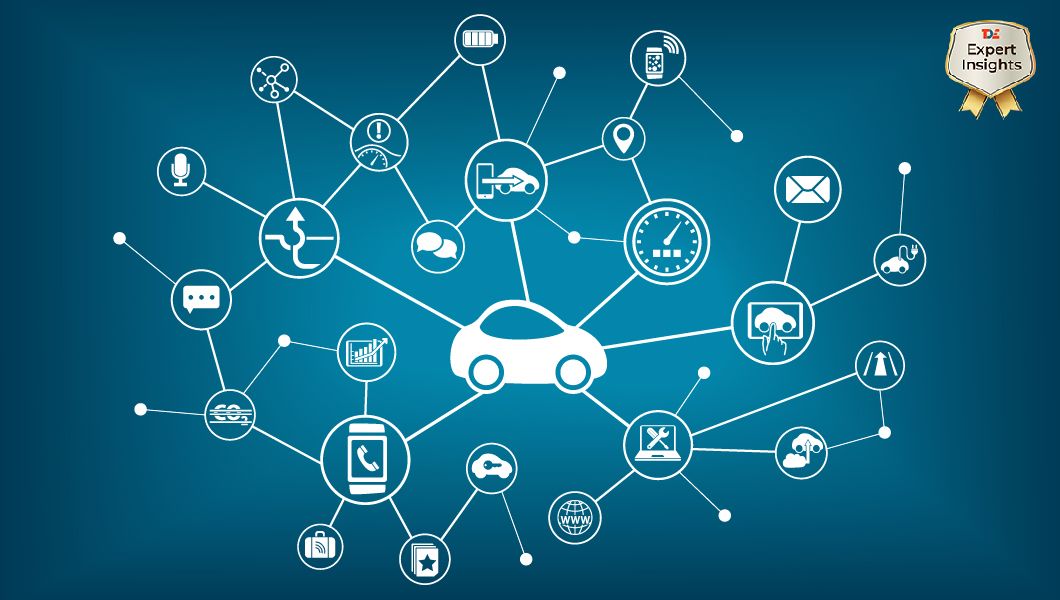Why Tax is Driving Digital Transformation in Finance and Accounting

The digital transformation of governments has created a tipping point in modern taxation. In this article, Eric Olson, CMO at tax software provider Sovos, cites how this has led to finance and accounting professionals to be under intense pressure to modernize fundamental processes
Digital transformation isn’t just for businesses anymore. Seeking to boost revenues and close tax loopholes, governments are also implementing digital transformation and putting pressure on businesses to respond.
The digital transformation of governments has led directly to new regulations designed to collect as many taxes as possible as quickly as possible and to eliminate tax fraud. As a result, tax has become a force that is pressuring finance and accounting professionals to modernize fundamental processes such as selling and purchasing, as well as to ensure that back-end systems are built to produce consistent results in processing transactions.
Tax is driving digital transformation of finance and accounting in three fundamental ways:
1. Digital transformation of Sales
If anything, tax authorities have actually rocketed ahead of the businesses from which they derive revenue. In a trend that began in Latin America and has now gone global, governments have sent businesses scrambling by requiring them to track value-added tax (VAT) on sales in real time.
That means a retailer has to track the VAT on every sale, no matter how large or small. After the customer makes a purchase, the retailer sends information on the sale to a government database, which verifies that the amount of VAT charged is correct or not and sends a receipt back to the retailer. The retailer then passes an electronic receipt to the customer.
The automated process happens in real time, and e-receipts have actually had a positive effect on environmental sustainability by introducing the possibility of eliminating paper from the sales process. In any case, retailers have had to fundamentally change how they handle sales transactions, moving to a fully automated system and eliminating manual or paper-based processes. It’s a change that has revolutionized the most fundamental aspect of retail – the individual sale.
2. Compliance in purchasing
Digital transformation of governments is also upending another fundamental process for all businesses: purchasing. In 60 countries on six continents, governments have eliminated paper invoices for shipments, both sent and received, and are mandating electronic invoices (e-invoices) that tax authorities can track in real time.
Companies have to comply with e-invoicing mandates or risk not only financial penalties but also delayed or cancelled shipments to and from suppliers, which can quickly have a negative material effect on a business. In some countries, tax authorities can even shut down businesses for non-compliance.
What’s more, governments have also introduced strict regulations on electronic signature formats for e-invoices as well as on how companies store e-invoices. Failure to use the proper signature format can lead to delayed shipments and penalties. Businesses also have to have invoices properly stored and accessible in case of an electronic audit by the government. Maintaining outdated purchasing processes is simply not an option.
3. Modernizing back-end systems
Fundamental changes in sales and purchasing are causing many businesses to rethink the design of their back-end systems. A web of disparate, disconnected applications is unreliable and dangerous in a tax environment that requires real-time responses. Tax is forcing modernization of back-end capabilities, one of the hallmarks of digital transformation.
Businesses need nimble, cloud-based solutions that centralize and standardize transaction processes rather than outdated systems that can’t keep up with the speed of changing regulations and the transformations those regulations are driving. With ERP providers introducing a new wave of cloud-based offerings, companies now have to take the opportunity to upgrade the applications that drive their transaction engines.
The key is consistency. Sales and purchasing systems need to run reliable, repeatable processes for each transaction, and track and store information in compliance with government regulations. Speed is also of the essence, as some retailers have to process thousands or even millions of transactions simultaneously.
Centralization and automation of accounting
Along with an upgrade of back-end functions, businesses need new thinking. Setting up business units to work separately in functional silos is no longer a viable approach to handling the challenges of digital tax.
Companies need to adopt a center of excellence for tax that brings people from multiple departments and functions into one unified operation. The center of excellence approach takes tax out of the shadows and places priority on it as a critical operation for the business.
Automating tax processes adds another layer of defense as businesses seek to protect themselves against penalties, audits and other negative consequences of mishandling tax operations.
Governments are adopting digital transformation to enforce tax policy in full swing, and finance and accounting professionals need to do the same if they hope to stay compliant and keep their tax operations running smoothly and efficiently.


 By
By 








